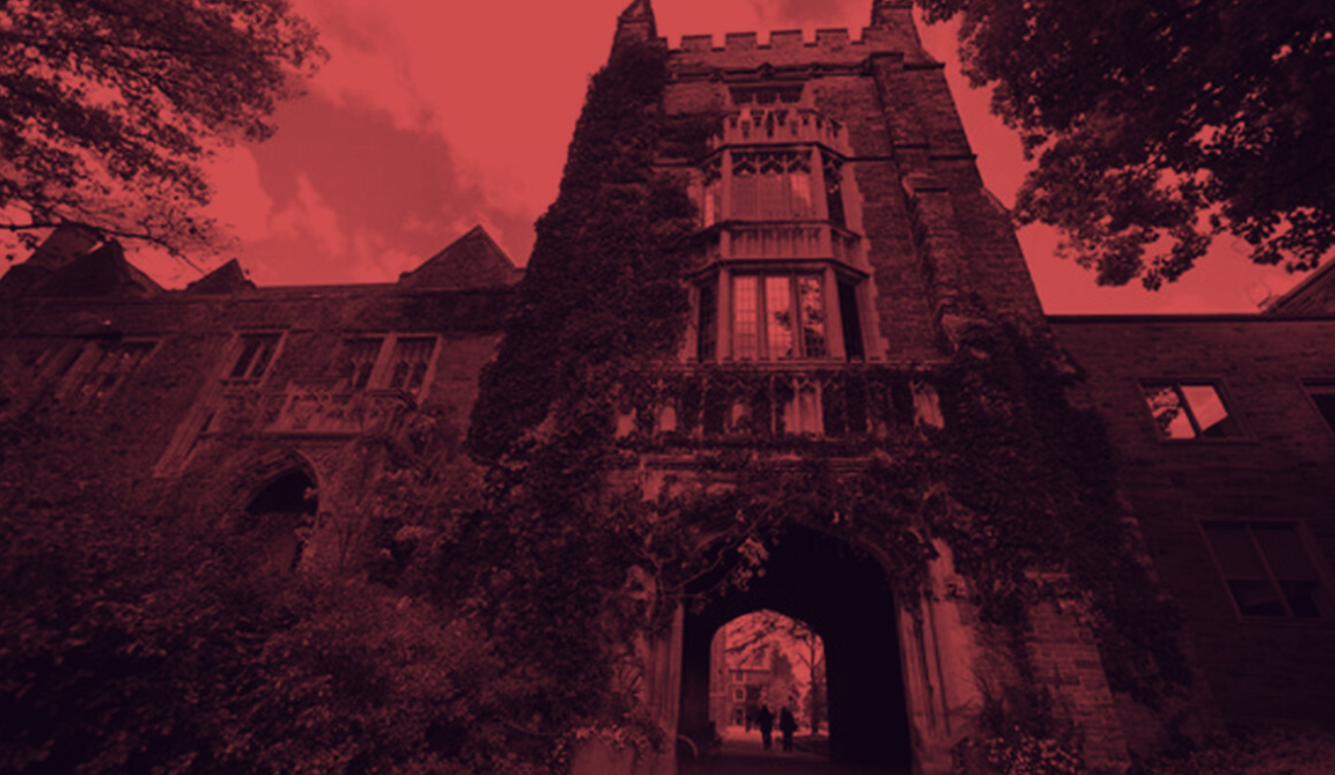Academia
McMaster’s Imaginary Sex Ring
In 2020, a Canadian university tore up its psychology department in search of a non-existent network of sexual predators. Documents obtained by Quillette reveal how administrators allowed it to happen.

S.L.’s Tale
On May 6th, 2021, McMaster University in Hamilton, Ontario was hit with bombshell news. For more than a year, a 46-year-old psychology professor named Scott Watter had stood accused of sexually assaulting one of his department’s graduate students. But the full details were known only to police, senior university administrators, and the school’s external investigator. Now, the alleged victim was sharing her story with the public.
The 5,400-word exclusive report in Hamilton’s Spectator newspaper, written by reporter Katrina Clarke, was packed with details. According to “S.L.,” as the accuser would be referred to in court proceedings, Watter was a sexual predator who derived pleasure from watching his victims writhe in pain. S.L. told Clarke that the professor had brainwashed her, and plied her with alcohol, en route to imposing a months-long regime of sexual terror.
At times, S.L. claimed, Watter choked her till she blacked out, “put a pillow over my face and smothered me,” and twisted her nipples to the point of drawing blood.





